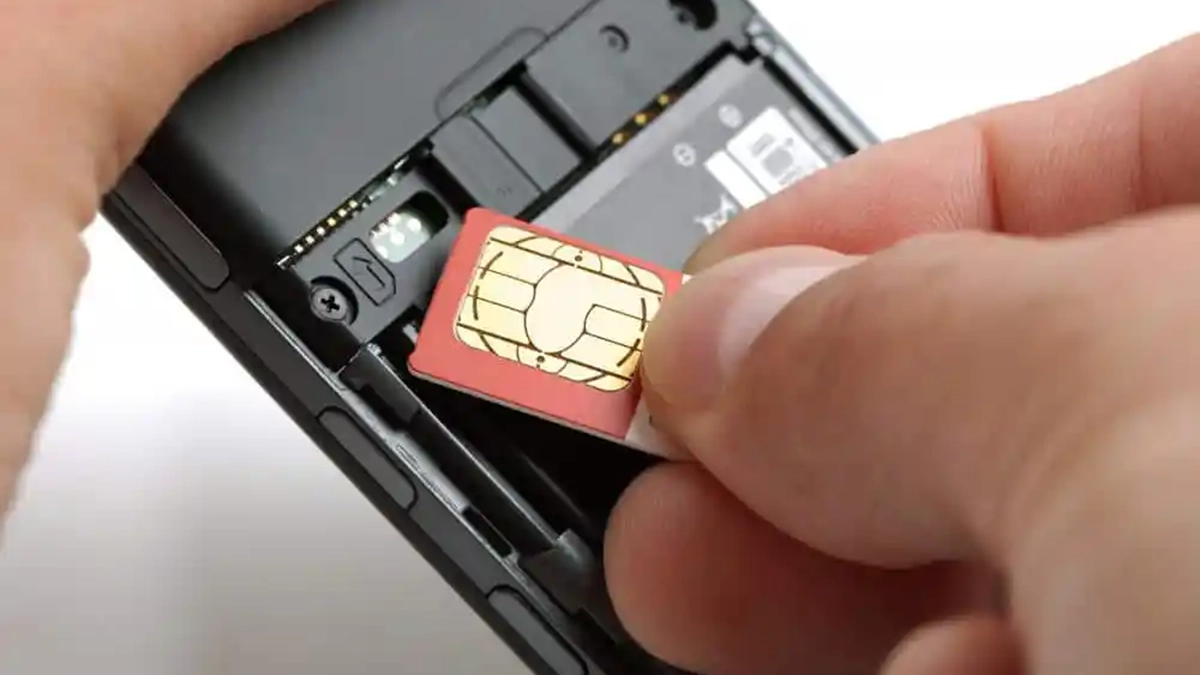As SIM scams are rise in India, prompting the Department of Telecommunication (DoT) to introduce new rules to combat and prevent these fraudulent activities. Although initially slated for implementation two months ago, these rules have now come into effect as of December 1. Let’s delve into the key provisions:
1. Restriction on Bulk SIM Cards:
– Individuals are now limited to obtaining a maximum of nine SIM cards from a single ID.
– Businesses, however, can still procure SIM cards in bulk.
2. Verification and Registration for SIM Dealers:
– Only authorized dealers are permitted to sell or issue SIM cards, subject to completing a thorough verification process.
– Telecom operators must register franchisees, distributors, and point-of-sale agents within 12 months to prevent SIM card issuance to individuals with questionable backgrounds.
– Penalties of up to ₹10 lakh may be imposed on those attempting to sell SIM cards without proper registration.
3. E-KYC Mandatory:
– Obtaining a new SIM card now requires mandatory submission of digital KYC, with ID alone no longer sufficient.
4. Delay in the Re-issuance of Inactive SIMs:
– If a SIM becomes inactive, individuals must wait for 90 days before obtaining a new one. This provision allows users sufficient time to reactivate their numbers and avoid accidental reassignment to someone else.
5. Government-led Initiatives:
– The Government has introduced the Sanchaar Saathi website, a platform for reporting lost or stolen phones.
– The implementation of an AI-based software called ASTR enables users to combat illegal phone connections effectively.
These measures aim to enhance security and curb the growing instances of SIM-related scams, providing individuals and businesses with more robust safeguards.
HIGHLIGHTS
- One Person can have nine SIM cards from one ID.
- Only authorised dealers can sell or issue SIM cards.
- Government website called Sanchaar Saathi.
For Latest Tech Updates Please follow us :
facebook | twitter | instagram | telegram | whatsapp





